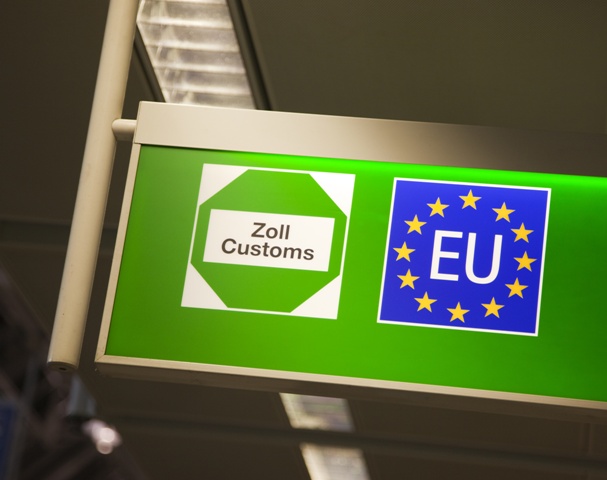
National and international challenges relating to coordinated border management (CBM), performance measurement in Customs, best practices in economic recovery and poverty reduction, and integrity in Customs will be discussed by around 200 delegates from Customs and academic circles worldwide at the PICARD2011 Conference that will take place from 14 to 16 September at the Palais des Nations, Geneva.
This year, the agenda will focus on the key issues related to border crossing facilitation – the area which is very high on the UNECE agenda since its very establishment in 1947. Due to historical and geographical reasons, border crossing facilitation has been a problem in international transport and trade within Europe for over 50 years. Following the dramatic changes that occurred in Eastern Europe and Central Asia over the past two decades, the scope of border crossing facilitation has spread to a number of States outside European boundaries and also to other regions in the world where international land transport is growing rapidly.
In spite of many recent improvements in this area, international transport still faces obstacles, costs and other difficulties at borders. To address these challenges, UNECE has developed and administers around 15 conventions in the area of border crossing facilitation and Customs. Many of these have become truly global, in particular the Convention on the Harmonization of Frontier Controls of Goods, 1982, which counts 55 Contracting Parties. The Harmonization Convention aims at reducing the number and duration of all types of border controls by means of increased cooperation between organizations, countries and administrations in this field. It thus provides a sound legal basis for coordinated border management
However, even a perfect legal instrument should be supported by proper monitoring tools and capacity-building activities. To this end, UNECE, together with OSCE, is finalizing a Handbook on Best Practices at Border Crossings. One of its chapters will address various techniques to benchmark and evaluate performance of control authorities at border crossings, because what gets measured gets managed. Both coordinated border management and performance measurement are on the programme of the PICARD Conference.
The Conference will also discuss how to find a delicate balance between facilitation and security. To find a solution, risk analysis and modern technologies, like IT or non-intrusive examination, are essential. It should be stressed, however, that, whatever state-of-the-art tools are available, for their efficient and effective application in the Customs area the Customs administrations should have at their disposal well-trained, highly motivated and honest staff. Therefore, integrity, knowledge, education and capacity building in the field of Customs are sine-qua-non for success. These goals would be very difficult, if not possible, to achieve without close cooperation between the academic world and Customs, being the major objective of the PICARD Conferences.
The main aim of the annual PICARD Conferences, held since 2006, is to promote high level exchanges on Customs education and professionalism and to encourage more academic research into topics relevant to Customs. The 2011 Conference is organized jointly by the Cross-border Research Association (CBRA), the World Customs Organization (WCO), the International Network of Customs Universities (INCU) and the United Nations Economic Commission for Europe (UNECE).
The agenda of the Conference is available at: http://www.etouches.com/picard2011
For further information, please contact:
Mrs. Eva Molnar, Director
or
Mr. Michalis P. Adamantiadis,
Chief, Transport Facilitation and Economics Section
UNECE Transport Division
Phone: +41(0)22 917 24 01
E-mail: [email protected]

